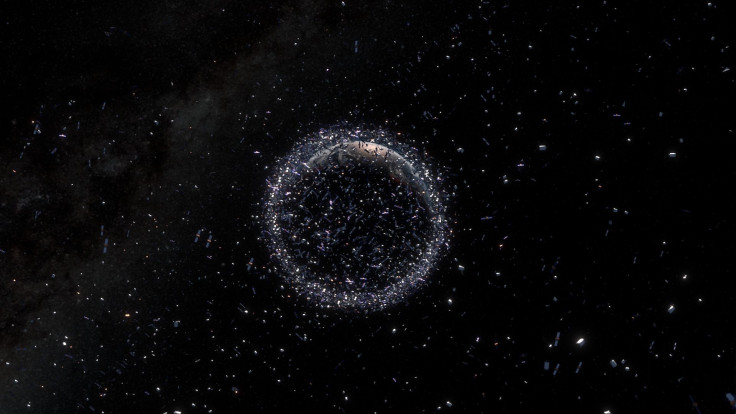Satellite Dodges Collision With 'Mystery' Debris Within Hours Of Notice
KEY POINTS
- The team just got eight hours of notice before a possible collision
- It also caused the cancelation of a scheduled "time-sensitive" maneuver
- "The team got to work with a reaction time to rival an Olympic sprinter," ESA says
A satellite from the European Space Agency (ESA) had a close call with a "mystery" piece of space debris recently. It only had a few hours to avoid a collision.
Warnings on debris are usually issued more than 24 hours before they come closest to the satellite for a potential collision, the ESA said in a statement Thursday. However, the debris spotted on June 30 was noticed just eight hours before.
The satellite that was on its way to a possible collision was the Alpha satellite. It is part of the ESA's Swarm mission, which includes three satellites. The other two are Bravo and Charlie.
"The risk of impact was high enough that Alpha needed to get out of the way–fast," noted the ESA. "The Swarm team got to work with a reaction time to rival an Olympic sprinter."
Indeed, they were able to perform the necessary evasive maneuvers in a span of just four hours, keeping Alpha safe from the collision.
Even very small pieces of debris can actually cause "serious damage" to a satellite. Larger ones can even destroy them, thus creating a new batch of debris.
In 2009, for instance, a defunct Russian spacecraft ended up colliding with a still-working U.S. Iridium spacecraft. Not only did the impact destroy the latter, but it also added more space junk, including 2,300 "large, trackable" ones, according to NASA, noting that even "tiny paint flecks" can cause damage.
While the ESA team was able to protect Alpha from a possible collision, the satellite had to miss an important maneuver in its mission because of the danger. This was because at the time that the impact risk was predicted, Alpha was preparing for its own "time-sensitive" maneuver to get it out of the way of the Sun.
The Swarm satellites' mission is to "unravel the mysteries of the Earth's magnetic field," the ESA explained. Since the Sun is currently at its active phase in the solar cycle, Alpha and Charlie are being moved to a "less dense" part of the atmosphere because the "thicker air" from the Sun's activity was causing them to use more fuel.
"(T)he alert meant that the Swarm team was now suddenly racing against two clocks," noted the ESA, adding that one of Alpha's maneuvers was scheduled for a few hours after the predicted collision.
Because of the collision risk, the planned maneuver had to be canceled and "entirely replanned." Fortunately, the teams were able to carry it out within 24 hours.
"(T)here is lots of debris out there, and this shows with how little warning it can threaten a satellite," the agency added.

© Copyright IBTimes 2025. All rights reserved.






















